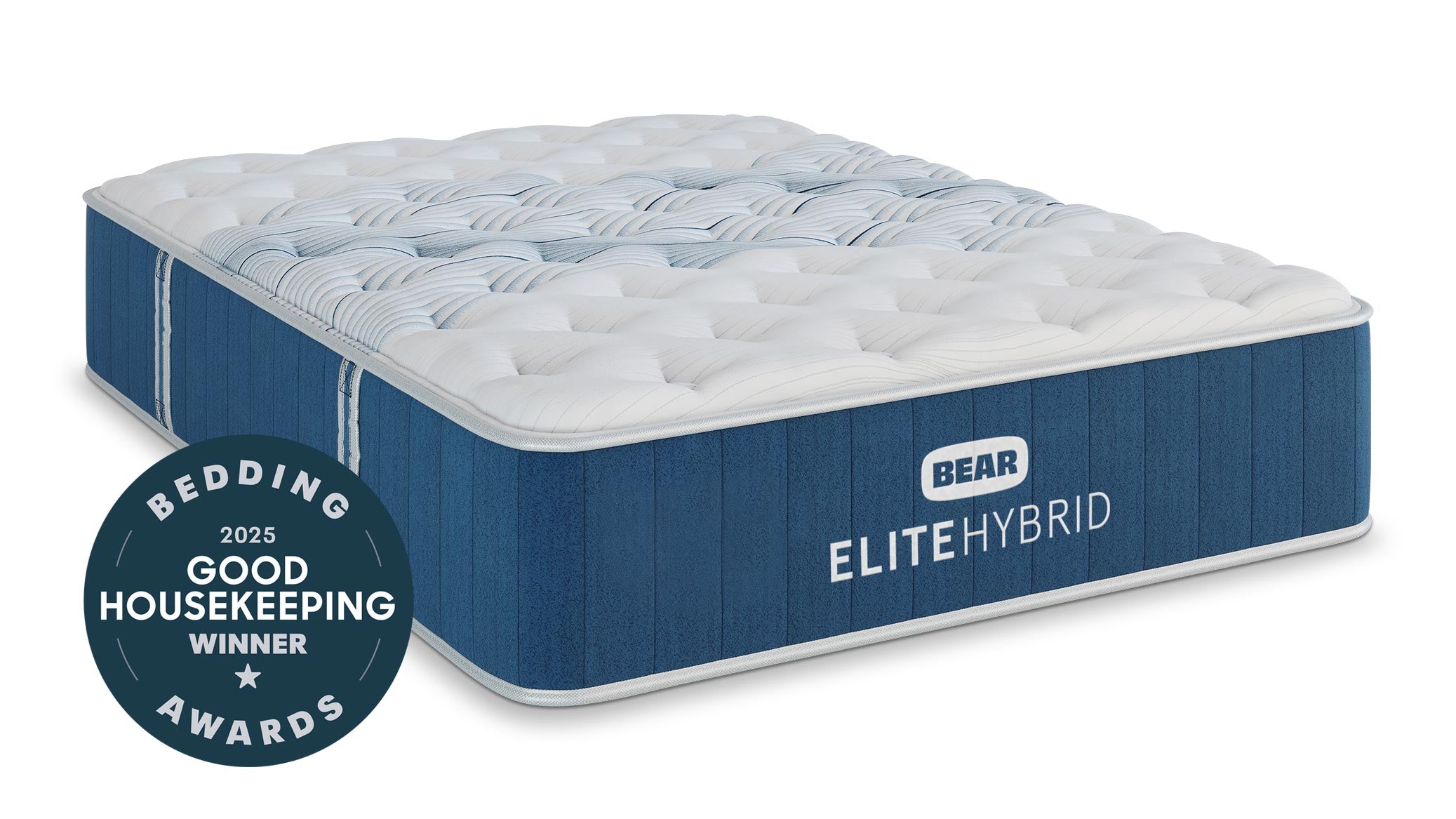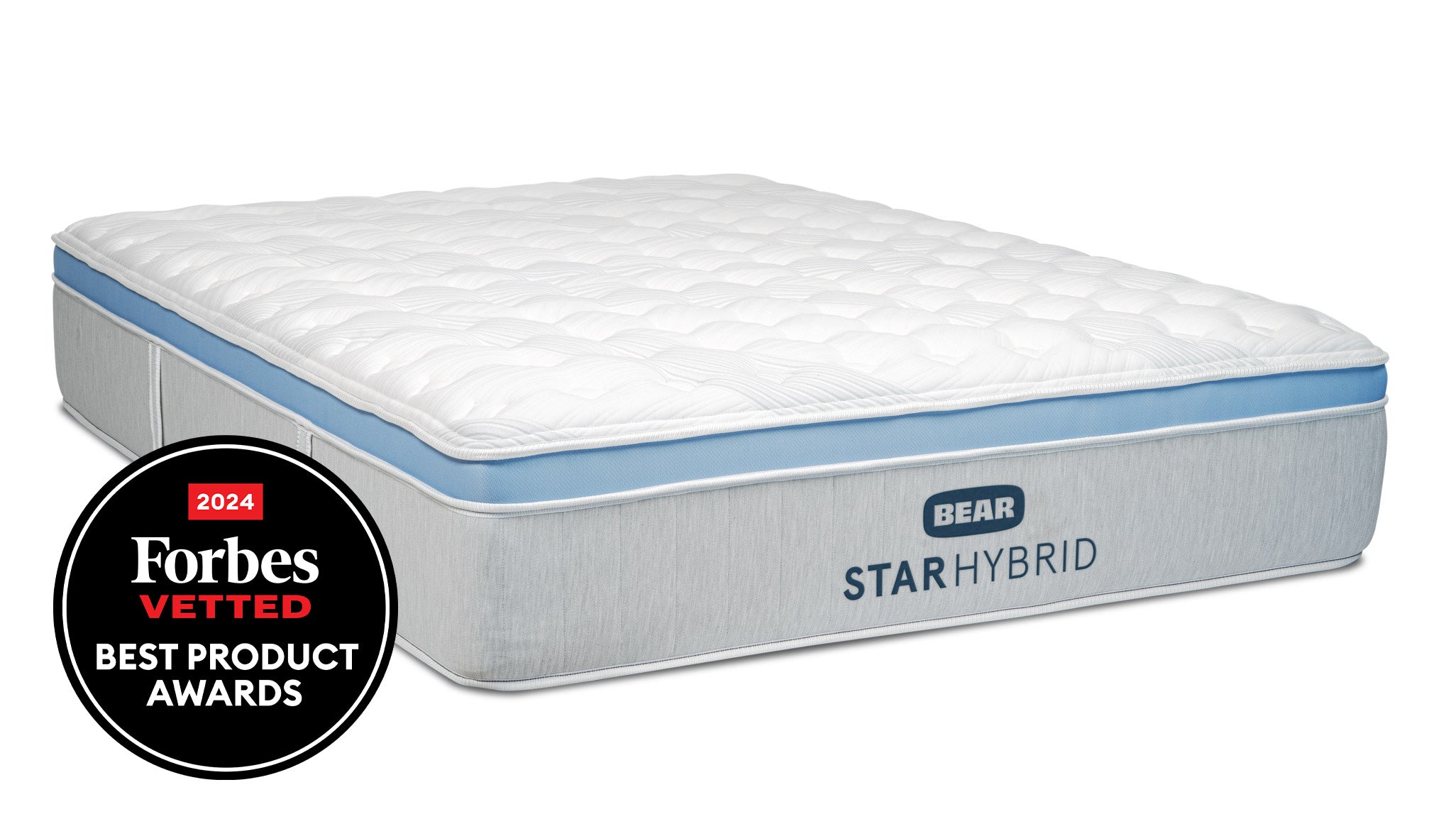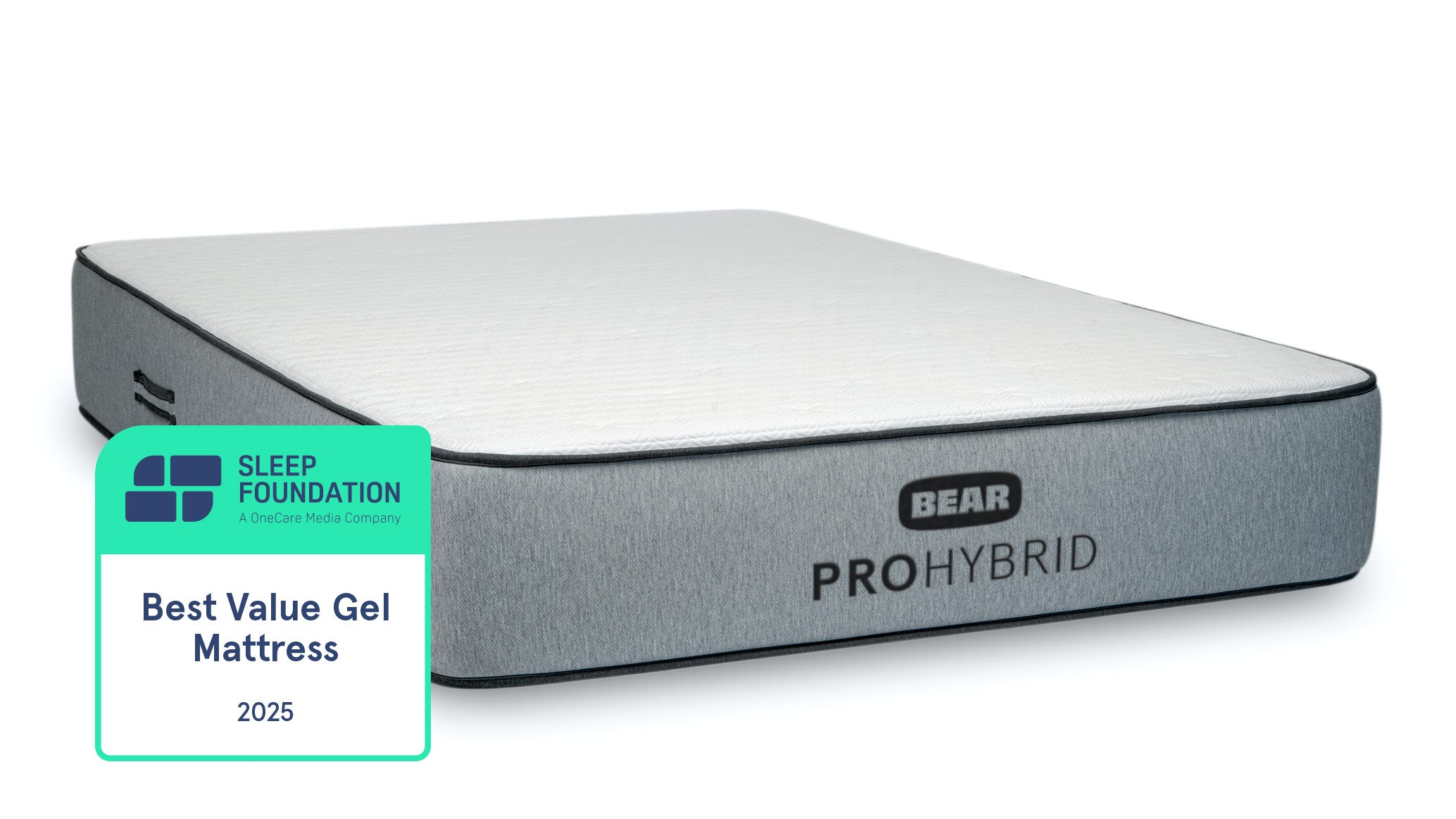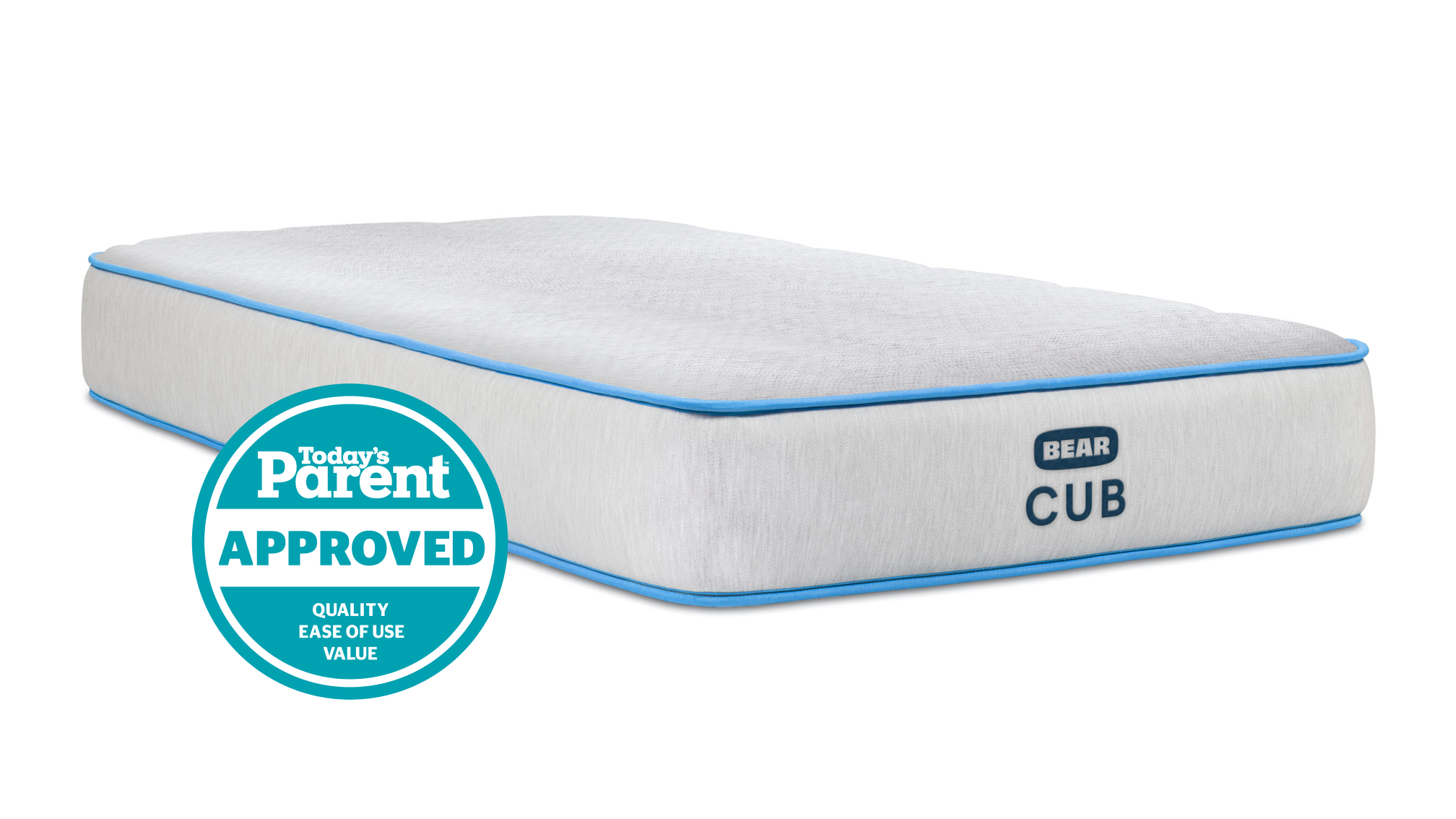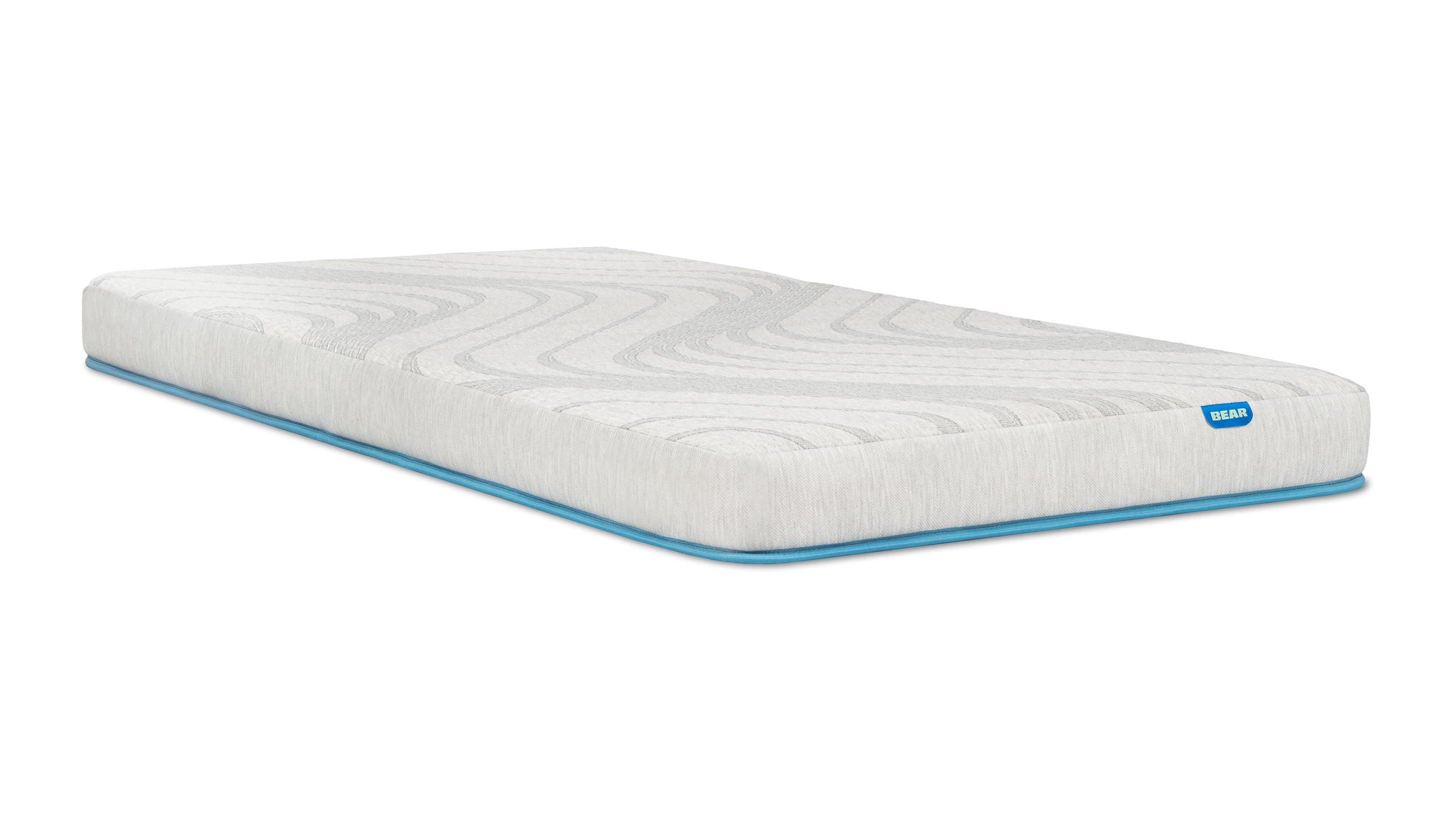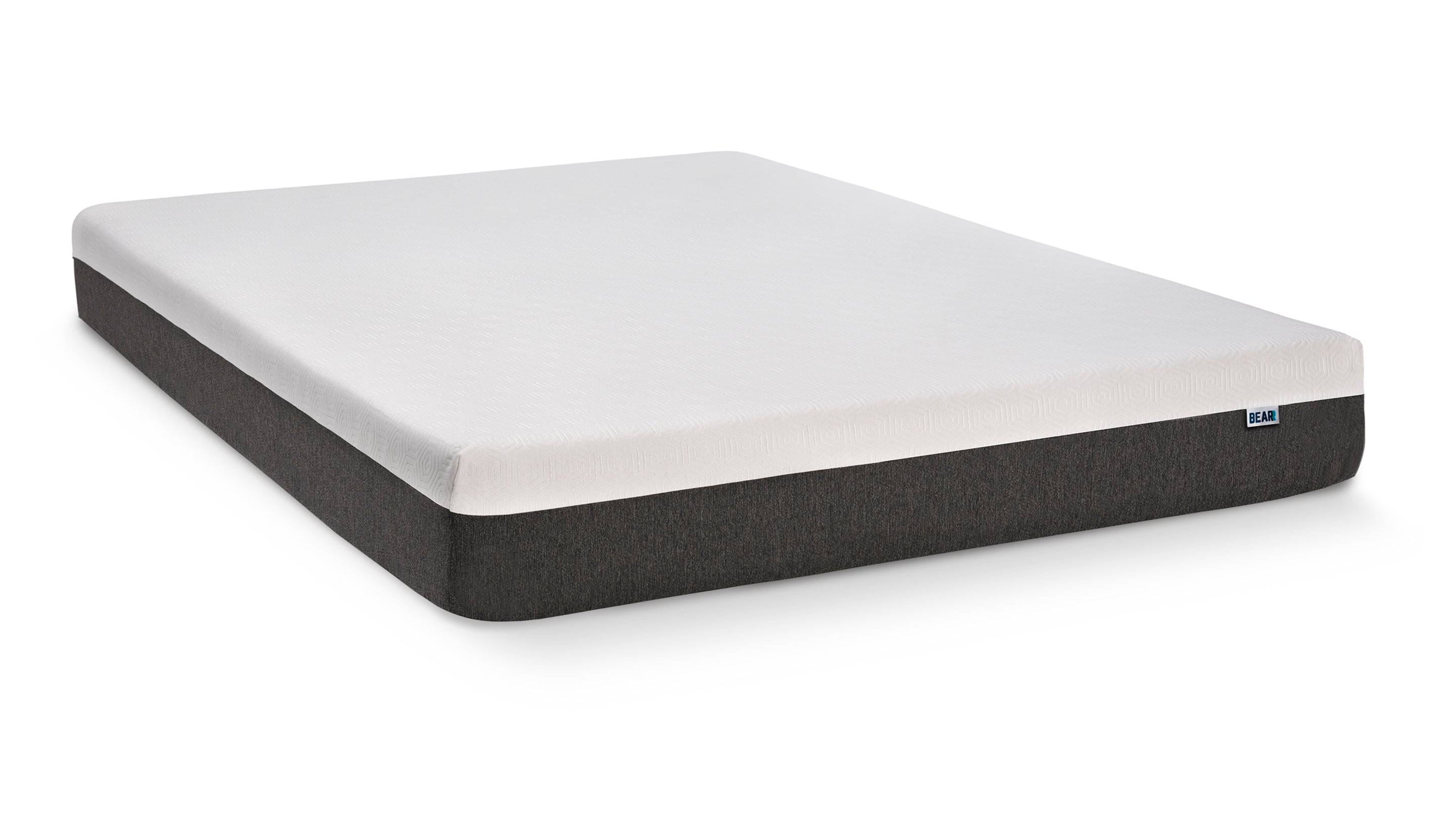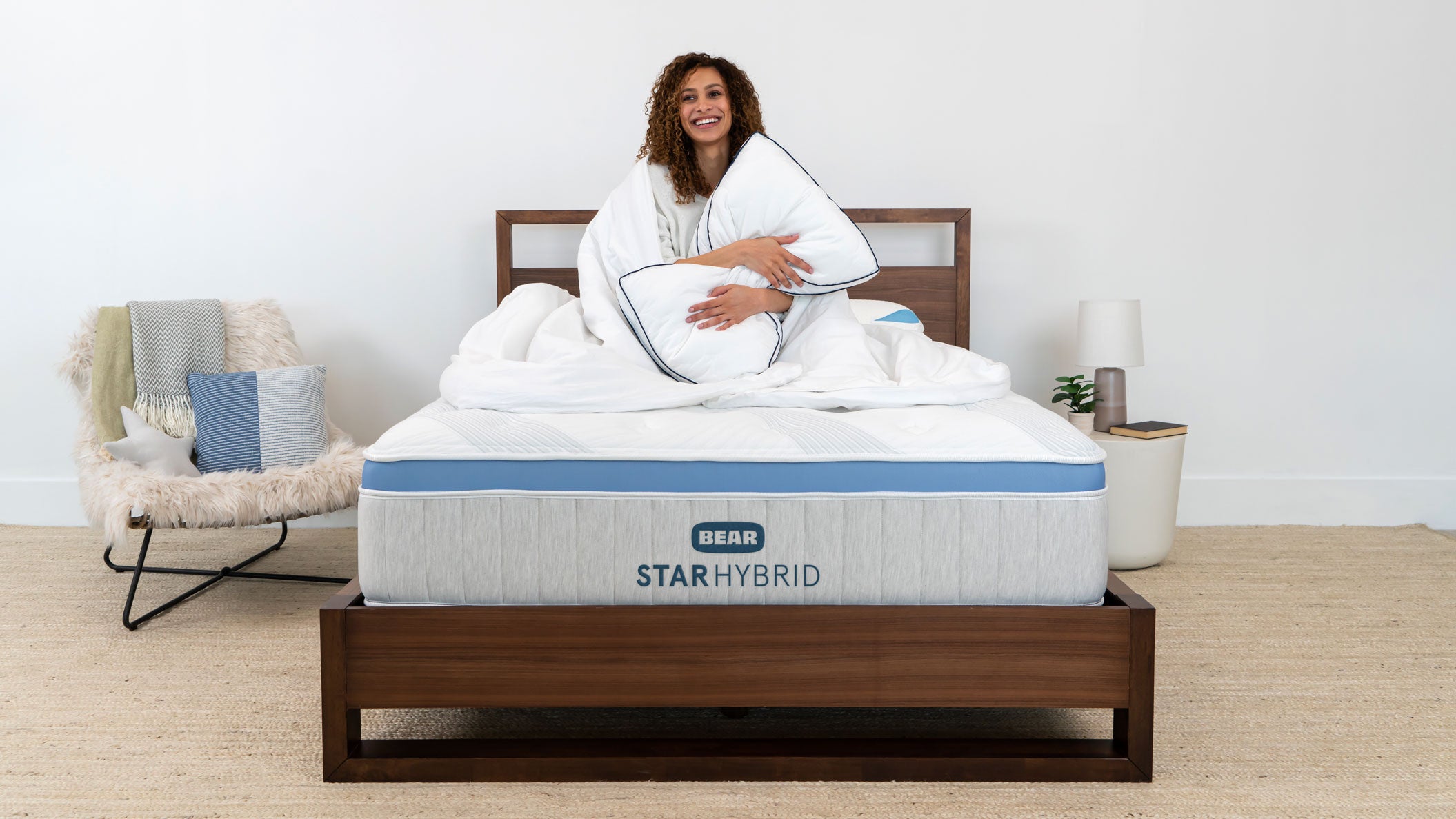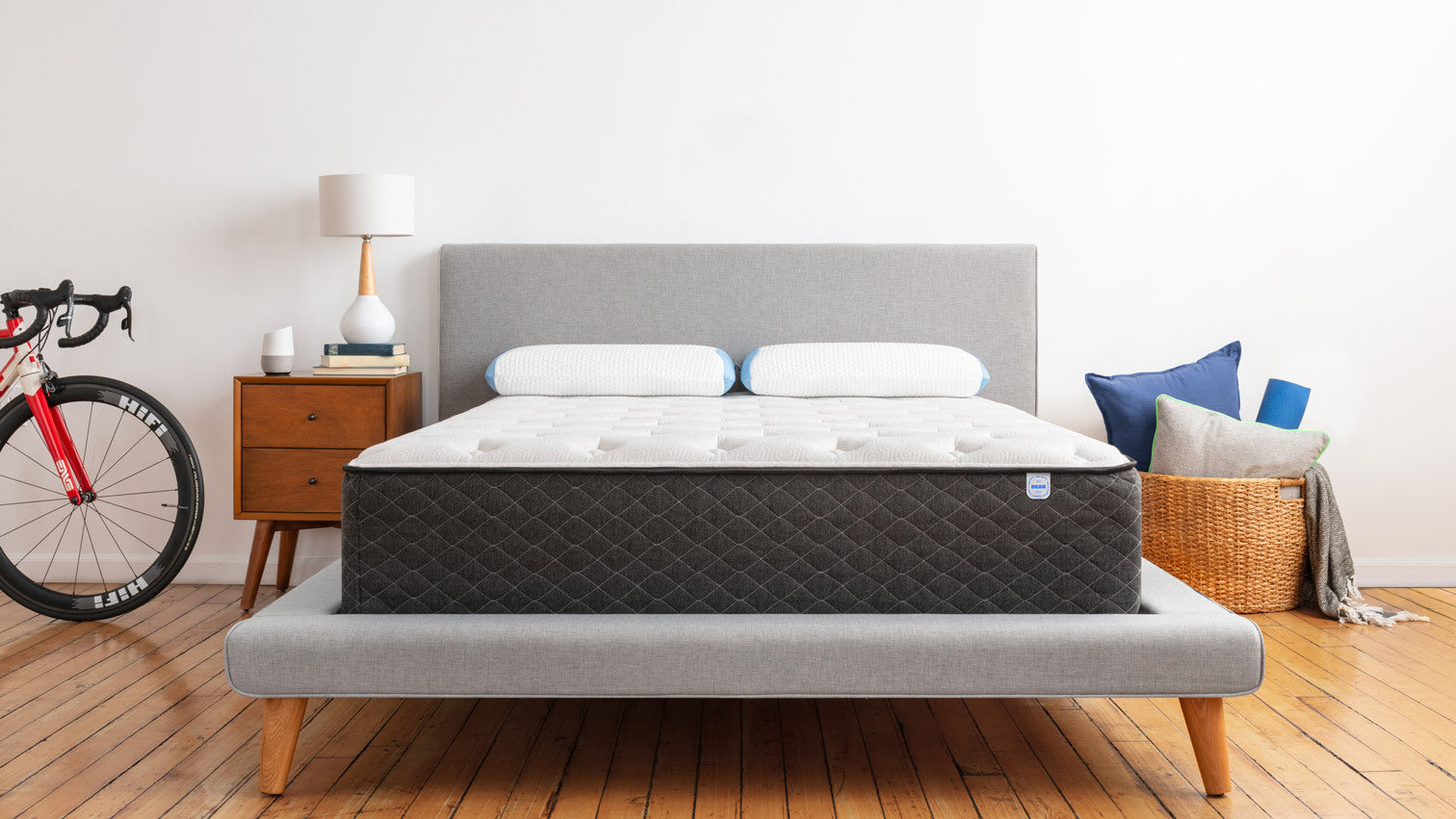
We’ve all been there -- those times when we work out so hard that the next day we actually cannot move. Whether you’re a runner, lifter or a triathlete, rest and recovery are key to a healthy lifestyle.
“Recovery is such an important part of my training routine,” s Ironman triathlete Sarah Piampiano “My coach expects performance in each session, so having for the physical and mental capacity to complete each workout is key. For me I do a ton of things to help my recovery.”
Sarah trains about 5 - 8 hours per day, so she knows how important recovery is. Her list of recovery tactics is below
Sarah tries to take a nap every day - usually only 20-30 minutes max, so as to not mess up her sleep at night
Sleep studies have shown that taking short naps in the late morning or early afternoon allow your body to go into slow wave - or deep - sleep. “Daytime naps have a potential role as a valuable recovery tool following endurance exercise, given the suggested energy restorative functions of SWS (slow wave or deep sleep).”
To get the sleep she needs, Sarah relies on her Bear Original Mattress, which has been engineered with athletes in mind and those living an active lifestyle. The mattress consists of three-layers of proprietary contouring memory foam and has a top cover has Sleep Recovery Technology, a clinically proven mineral compound that promotes cooling and recovery.

Bear Mattress has been engineered with athletes and active individuals in mind and has been clinically proven to reduce recovery time and promote muscle restoration. The company also boasts a lengthly list of professional athletes who have chosen Bear to get the sleep they need to perform their best each day.
She wears compression gear when she’s not training – socks, tights, etc
According to research, compression garments help minimize swelling and fluid build-up post-workout. "I wear compression gear pretty much all the time. I find that when I don't, the likelihood of waking up with muscle inflammation and other issues is far greater." Says Piampiano.

Sarah takes hot baths with Epsom salt 3-4 times per week
Epsom salts are said to alleviate muscle pain. "I love my baths. It's my time to relax and de-stress from long days of training."
When she's not training, Sarah always keeps her feet elevated
Keeping your feet elevated improves circulation and removes lactic acid, preventing soreness.
She gets massages 1-2 times per week
This helps break up scar tissue and reduce the stiffness associated with muscle repair.

She drinks tons of water
Exercising while dehydrated is detrimental to physical health, and not hydrating post-workout is horrible for your body, too. Water is the single most important nutrient for active people - it works to replace all the fluids you lose over a workout.
She makes sleep paramount – 7.5-8 hours at a minimum.
This last one is super important to us. Sleep is much more critical to recovery than most of us think. Why? Because your body needs time to heal itself from all the stress you’ve put on it, and there’s no better way to heal than to get at least 8 hours of sleep a night. According to some studies, sleep is the ultimate time for protein synthesis to occur (that is, if you’ve eaten protein before bed), so a good sleep can encourage muscle growth and better endurance.
How important is sleep to an Ironman triathlete? “I cannot emphasize enough how important sleep is to me and allowing me to do what I do and thrive every day,” says Piampiano. “Sleep is one of the best recovery tools and my Bear Mattress is critical to helping me achieve the recovery I need to perform my best.
Piampiano, who worked crazy hours in the corporate world before going pro as a triathlete, says sleep is something that people don’t emphasize enough. “When I was still working a corporate job and trying to train for triathlon I would often forgo sleep in favor of getting a late night workout in.” The result? Piampiano was often sick or injured.
“I now am a big believer that inadequate sleep was a big reason for that,” says Piampiano.” If I could do it all over again I would train fewer hours, sleep more and invest in a high quality mattress – it is a game changer.”
